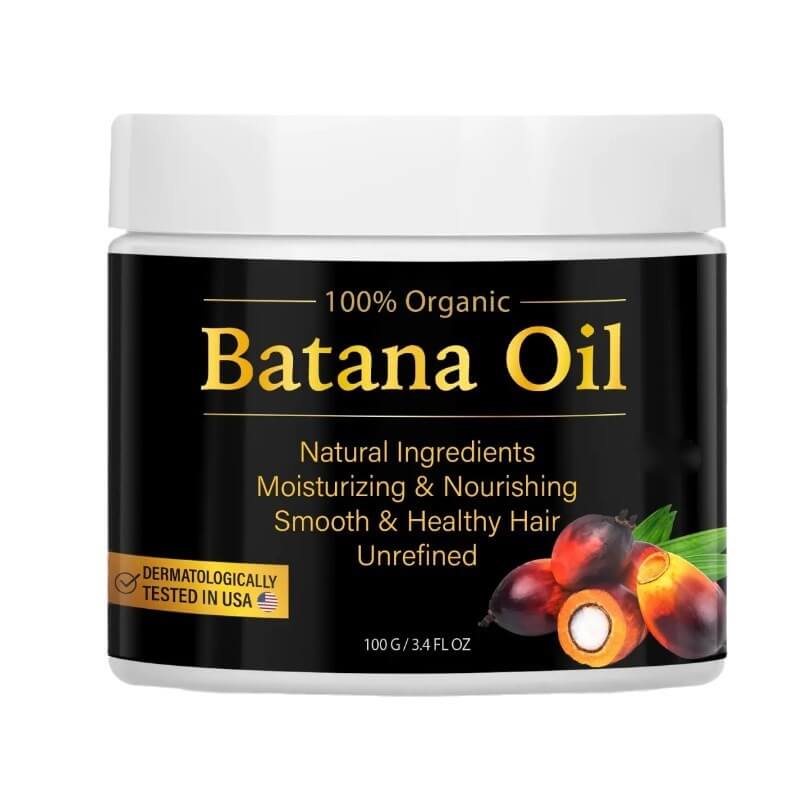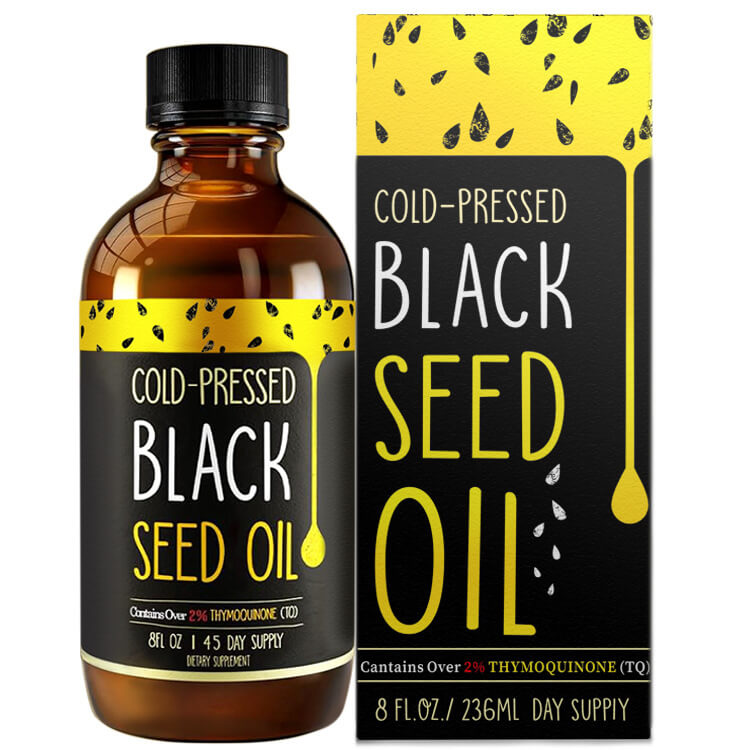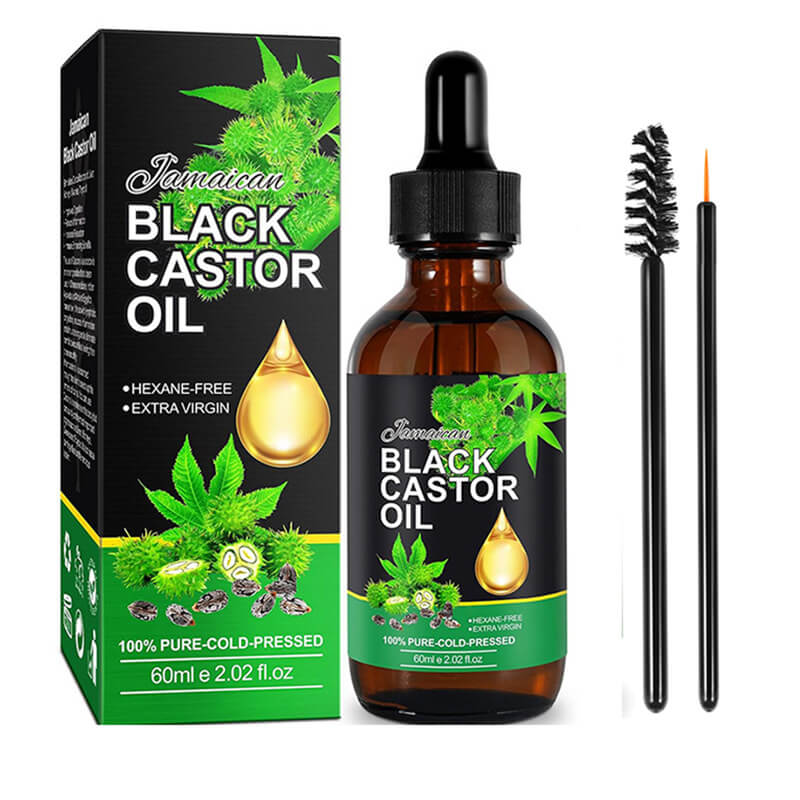You’ve done your great homework. You think you finally find a supplier that is well fit. You are so excited and can’t wait to place your bulk order and get the products manufactured in China.
Wait a second. Have you done the following?
1. A quick checklist of tasks that you should have finished “yesterday”
- Study your competition
- Research the market
- Vet your vendor candidates
- Calculate the whole cost to import products from China, weighing your budget
- Evaluate and confirm the PP sample
- Your freight forwarder and customs broker are standing by
- Have contacts with an inspection company
- Clearly agreements on key terms (payment terms, unit price, delivery time, Incoterm)
- Your product’s EVERY specification fully understood by your supplier
- Take Chinese public holidays into consideration
2. Document

Keep in mind to get the necessary documentation in place. The following paperwork is strongly suggested to get done properly. The paperwork is always a hassle that slows the importing process down, but not properly done, it can bring you an unpleasant surprise after your order is placed.
If your order is shipped by air, the documents follow your parcel.
If your order is shipped by sea, the documents will be sent out separately by express carrier.
A.Purchase Order
What is a purchase order?
From businessdictionary.com: A purchase order is “a buyer-generated document that authorizes a purchase transaction. When accepted by the seller, it becomes a contract binding on both parties”.
“A purchase order sets forth the descriptions, quantities, prices, discounts, payment terms, date of performance or shipment, other associated terms, and conditions, and identifies a specific seller.”

Why is the PO important?
Quite a percentage buyers/importers are reluctant to send their own purchasing order to the supplier for signature, especially when they have worked with the vendor(s) since long ago. But it is definitely NOT a good practice to do business in China.
First of all, The real importance of the purchase order is that when accepted by the seller, a legally binding contract is formed. If you as the buyer receives your goods but they don’t completely comply with your desired specifications, without a purchasing order, there’s no reference. Therein lies the rub, how to determine what went wrong and which party must be responsible for the issue.
Second of all, your requests are clearly and explicitly written on the PO so that there is no confusion in the communication. It avoids mistakes especially when your business grows and your customers demand changes in certain details.
B.Proforma Invoice

You, the buyer issues a purchase order, your supplier the seller, in turn, prepares a proforma invoice.
Make sure that you fully understand everything in the pro forma invoice before signing and send it back to the supplier.
- PI is issued prior to delivery of goods or service
- PI should break down everything you need to know
- PI acts as a price quotation for the trade transaction.
- Some countries accept PI for duties and taxes calculation, some don’t.
- PI can be amended even after signed by both parties when necessary.
Here’s more from http://www.businessdictionary.com
“Estimated invoice sent by a seller to a buyer in advance of a shipment or delivery of goods. It notes the kind and quantity of goods, their value, and other important information such as weight and transportation charges.
Pro forma invoices are commonly used as preliminary invoices with a quotation or for customs purposes in importation. They differ from a normal invoice in not being a demand or request for payment.”
C.Commercial invoice

There is no specified format for either a commercial invoice or a pro forma invoice. The commercial invoice may appear virtually identical or radically different.
- CI provides customs with enough information to determine import duties.
- CI provides information to determine the eligibility of the merchandise to be shipped into the country.
- A commercial invoice is a true invoice. A proforma invoice is not a true invoice.
- CI is issued to complete the import and export trade.
- CI is not subject to further changes or amendment.
How a business dictionary defines CI?
Document required by customs to determine the true value of the imported goods, for assessment of duties and taxes. A commercial invoice (in addition to other information), must identify the buyer and seller, and clearly indicate the
- date and terms of sale,
- quantity, weight and/or volume of the shipment,
- type of packaging,
- a complete description of goods,
- unit value and total value, and
- insurance, shipping, and other charges (as applicable).
D.Sales Contract
A contract of sale is a legal contract. It is a contract for the exchange of goods, services or property that are the subject of exchange from a seller (or a vendor) to a buyer (or a purchaser) for an agreed upon value in money (or money equivalent) paid or the promise to pay same. It is a specific type of legal contract.
The sales contract (OEM sales agreement/purchase agreement) with your vendor is critical to get your sourcing done right in China. Obviously, with no paper written down, you have no way of proving what’s agreed and what the supplier has promised. Written contracts can be enforced more effectively than oral contracts.
What can a sales contract benefit you?
- Legal binding on both the seller and the buyer
- Avoid problems and protect your interests
- Minimizing the chances of a dispute
- Avoid unnecessary misunderstandings
What information can be included in the contract?
Buyer and seller parties
- Company name
- Address
- Contact
- Tel
Product details
- Product
- Unit price
- Quantity
- Product specs
- Packing and labeling requests
Terms of purchase
- Payment terms
- Incoterm
- Delivery time
- Shipping date
- Late shipment penalty
Other important terms
- Risk
- Inspection of goods
- Confidentiality
- Intellectual Property
This is just some of the information normally written in the contract. Different deals will require corresponding terms to be stated in the sales agreement. Add items to the agreement that you think is important.
Additionally, to translate your contract into Chinese, namely making a bilingual sales agreement would be a better practice for business in China.
Basically, you must make and get all the necessary paperwork in order to get the production done right. This is one of the must-do importing steps to avoid factories mess up your order production.
A quick terrible story
Jack(importer) has worked with this factory X for 5 years. Everything is pretty good until last month, the factory produced 20,000pcs glasses cases but not to the final specifications that are agreed with factory X’s sales representative.
How did it happen???
There are sales department and production department in factory X. Jack placed orders regularly each month with them. It’s been a good relationship and Jack started oral agreements with factory X instead of written paperwork early this year.
For this order, the product specifications are a little different from previous orders. Jack made the advance payment and told the sales rep. to change some small specifications of the glasses cases for this order. The sales rep. did mention all the specifications to change to the production department. But production department manager forgot it and in the end, the dispute happened.
3.Quality control management
In China, you can expect anything. Always keep your head cool. There are various quality levels that you might not even know – junk quality, okay quality, good quality, amazing quality etc. If you don’t form your own quality control system, scary stories may be expecting you. You are not the only customer. There’s good chance that the manufacturer may give other bigger orders higher priority.

a.Paperwork binding
Mention quality specification and related in the paperwork, stating re-work or penalty or refund in case of quality issues.
b.Payment binding
Never wire full payment to your supplier directly. It is RISKY. The supplier can turn out to be a scammer and run away with your money. Or after the supplier gets your full payment, they care less about what you care about, e.g. quality, lead time etc.
c.Inspection or factory audit
Speak with your manufacturer that you have contacted an inspection company and they will conduct the inspection due time. Make sure to pay balance only after you are satisfied with the inspection results.
If you find the aforementioned things too complicated and time-consuming, outsourcing can be your option. Say try to let a sourcing company help you deal with the important little details so you don’t have to. Never, ever place your bulk order with your Chinese manufacturer and sit back without proper follow-ups.
Related Posts




